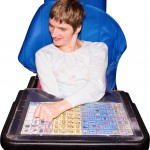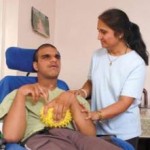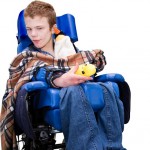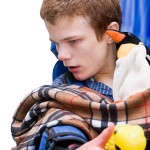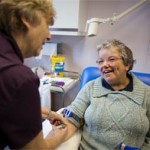
The past few years has seen the publication of a number of national reports which have highlighted the often poor response to people with learning disabilities by health services, (‘Death by Indifference’, ‘Healthcare for all’ ‘Six Lives’ investigation) which led to a number of key recommendations for improvement, including the need for reasonable adjustments in [read the full story…]

